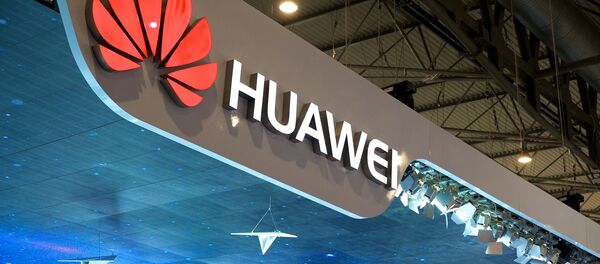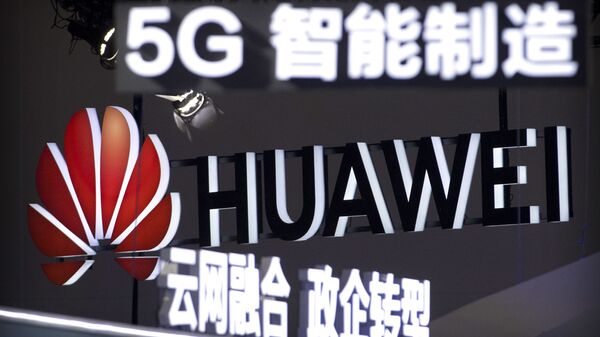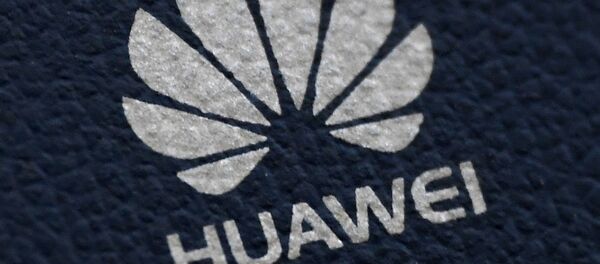Petri Krohn, a cybersecurity analyst, has outlined to Sputnik how Britain's move on Huawei may affect its ties with the US.
Sputnik: The United States on Wednesday urged Britain to rethink its decision to allow the Chinese company Huawei a limited role in the rolling out of its 5G networks, cautioning that American information should only pass across trusted networks. In your view, how can Johnson’s decision on Huawei affect the UK’s relations with the US?
Petri Krohn: By “trusted networks” Trump means trusted by Americans. The controversy is not about the Chinese spying on the British but on the American ability to spy on everyone. This is made explicitly clear by Johnson when he promises not “to do anything to compromise our critical national security infrastructure or to do anything to imperil our extremely valuable cooperation with five eyes security partners.” Five Eyes is not about protecting Britain or America from spies. It is about maintaining a global surveillance and eavesdropping network.
Huawei equipment, like all standardized telecom equipment provides gateways for lawful interception (LI), meaning eavesdropping as part of a criminal investigation and authorized by a court order. The Five Eyes eavesdropping is different. It happens outside the law and often using vulnerabilities in networks. These vulnerabilities become possible in closed systems with closed-source software. Huawei aims to make its systems and software open to inspection and scrutiny. This scrutiny prevents the Chinese from intentionally installing hidden backdoors in their systems, but does not allow the NSA to plant their own bugs and vulnerabilities.
The dangers of closed-source software was vividly demonstrated last week when NSA revealed a bug in Windows 10 that rendered any cryptographic security worthless. This is exactly the type of vulnerability that the NSA would use to break into systems. Possibly they have known about it for years. It is surprising that they revealed it now. Most likely someone else had discovered it independently and they were forced to inform Microsoft.
Sputnik: “We were urging them to make a decision that was different than the one they made and we’ll have a conversation about how to proceed," Pompeo said, describing the situation. What measures could be expected from the US to put pressure on Britain’s decision?
Petri Krohn: The US has been weaponizing trade and now it aims to weaponize technology. Weaponizing the dollar is already leading to de-dollarization in international trade. Weaponizing technology is a bad idea, as it will lead to companies abandoning American and Western technological infrastructure and adopting their own or open-source alternatives.
Sputnik: In a phone call with the US President, Johnson reportedly said Britain would cooperate with Washington to “break the dominance” of companies like Huawei, and expressed his hope that the UK would achieve the ultimate goal of squeezing the Chinese tech giant out of the UK’s infrastructure altogether. How controversial is this in your opinion, against the backdrop of partial cooperation between Britain and Huawei?
Petri Krohn: No country of company dominates the technology market and will not any time soon. The UK and US still control some key technologies. The UK has its own “technological stranglehold” on Huawei.
Huawei processor chips and SoCs (system on a chip) use ARM processor cores that are British intellectual property.
Johnson is threatening China by promising to over time squeeze Huawei out of the British market. Threatening China may not be a wise move. Huawei may overnight decide to move to different, more open technology like the open-source RISC-V architecture.

Segmentation of the global market is a major threat to technological development. It is unlikely that the West would prevail in this kind of protectionist war. According to the latest estimates published by Ericsson, the European and North American markets for 5G will at best be one third of the global market. Asia Pacific accounts for almost two thirds. Huawei nor China no longer needs the Western market, but the Eurasian market is vital for Western technology companies.
Sputnik: How will Johnson's decision affect Huawei's market share?
Petri Krohn: The decision will allow Huawei and telecom operators to build 5G networks this year, in the hope that competitors like Nokia and Ericsson will have hardware available by next year.
The British decision is to cap Huawei’s market share to 35% and to ban it from “core networks”. These limitations are unlikely to have a large effect on the market compared to what would happen under free competition.
- In the first phase of 5G rollout only the radio access networks will be upgraded while relying on 4G core networks. Only when traffic increases will the core network need to be upgraded. This is unlikely to happen in Britain this year.
- Telecom operators have a natural tendency to balance their procurement between two or three equipment vendors. This is especially true in a technologically mature society like Britain where telecom operators are able to build and operate their own networks — as opposed to turn-key and long term operating solutions in less developed markets. Most long-term prognoses on telecom market share predict nearly equal one third shares for the three main competitors.
5G aims to make fiber obsolete. One of the markets targeted by telecoms operators is high-speed broadband in less densely populated areas, in direct competition with fiber-to-the-home. Huawei’s greatest strength is in low-cost customer-premises equipment (CPEs ) for these kinds of applications. Without Huawei this 5G market would not be possible.
The way to make customer-premises equipment safe from spying is to use only open-source software like Linux.I believe this is exactly what Huawei is doing.




